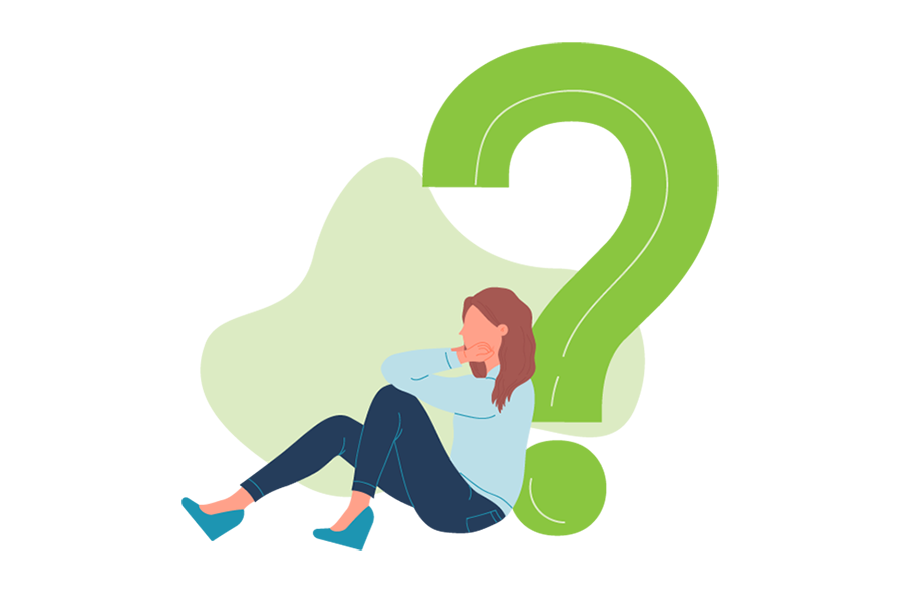
What is Domestic Abuse?
Not sure what domestic abuse is? In this article, we answer the frequently asked questions and give you signs to look out for in your relationship, as well as how and where to find support if you need it.
Thank you for your patience and understanding.
The Freeva Team
We’re currently experiencing internet issues, which may cause some delays to our usual service. We apologise for any inconvenience this may cause. If your call reaches our answer service, please leave a message and let us know when it’s safe for our team to call you back. We’ll return your call as soon as possible.
Thank you for your patience and understanding.
The Freeva Team

We offer a wide range of support services to suit different unique circumstances and situations. Whether you’re in an abusive relationship and need support, wondering how to support a loved one experiencing abuse, or hoping to change your behaviour and build healthier relationships with someone close to you, you’re in the right place.
If you are currently experiencing, or have previously experienced, domestic violence, rape or sexual assault, we are here to support you. We understand how you may be feeling and we can help.
Are you hurting the one you love? Find out more about our specialist programmes available for those wanting to change their behaviour, and looking to develop safer, loving and respectful relationships.
If you have encountered domestic violence, rape, or sexual assault, our self-help resources are designed to offer you support.
If you’re not yet ready to speak to someone, we have a range of information and resources available for you to read and use in the meantime.

Not sure what domestic abuse is? In this article, we answer the frequently asked questions and give you signs to look out for in your relationship, as well as how and where to find support if you need it.

In this article, we provide clear and detailed insights into what constitutes as sexual abuse, as well as offering you a guide to recognising key signs and addressing common concerns.
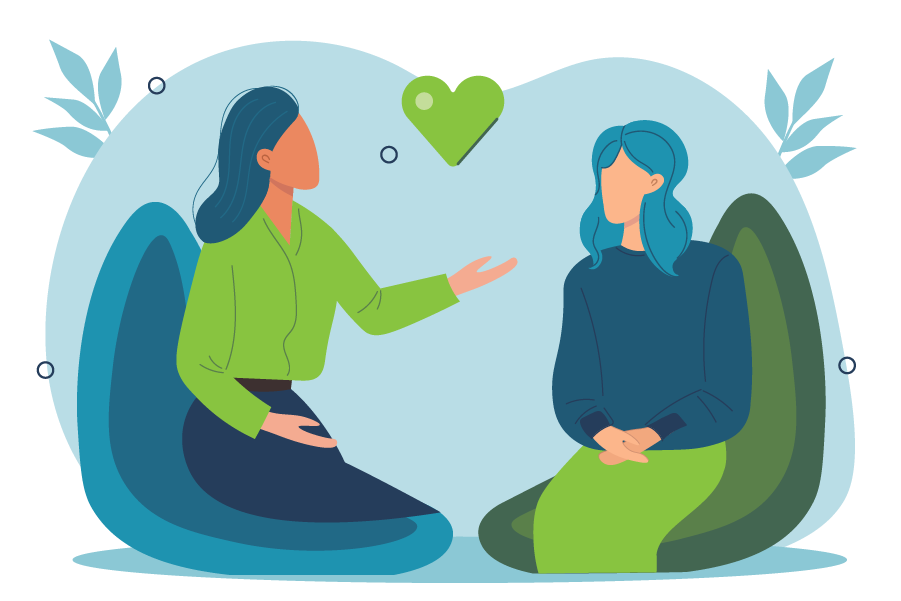
Domestic abuse is a deeply isolating experience. Those who endure it often carry the weight of their trauma in silence, hidden behind smiles and quiet demeanour. This silence is not a choice but a survival mechanism, a way to navigate a world that may not understand the depths of their suffering.
We are always on the lookout for caring and supportive people to join us. Please consider using your skills to assist us in our mission for a safer, more supportive world.
As we help others, we need help too. As a registered charity, we are reliant on funding and support in order to be able to continue providing the vital services we do.
Whether you’re an individual, or part of a business or community, there are loads of ways that you can get involved and help to raise funds that support our vital work at Freeva.
Donations help us to continue offering our life-changing services. No contribution is too small to help those in need.
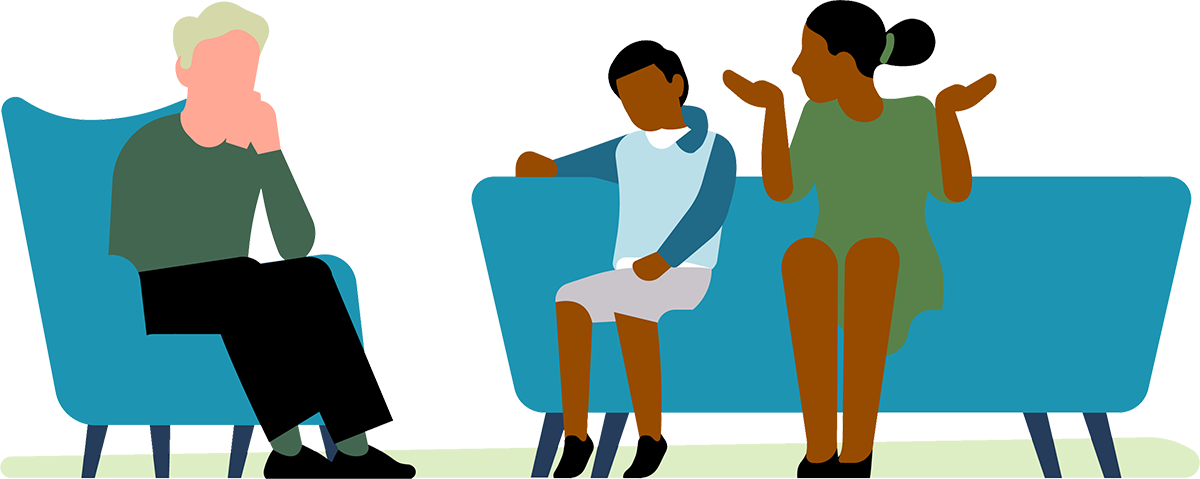
At Freeva, we believe it is vital to listen, reflect, and learn from the work we do with children, young people, and families. We are proud to share the findings from our latest independent evaluation of The YP Project, which provides a clear and transparent assessment of the project’s delivery, outcomes, and impact for young people and their parents and carers
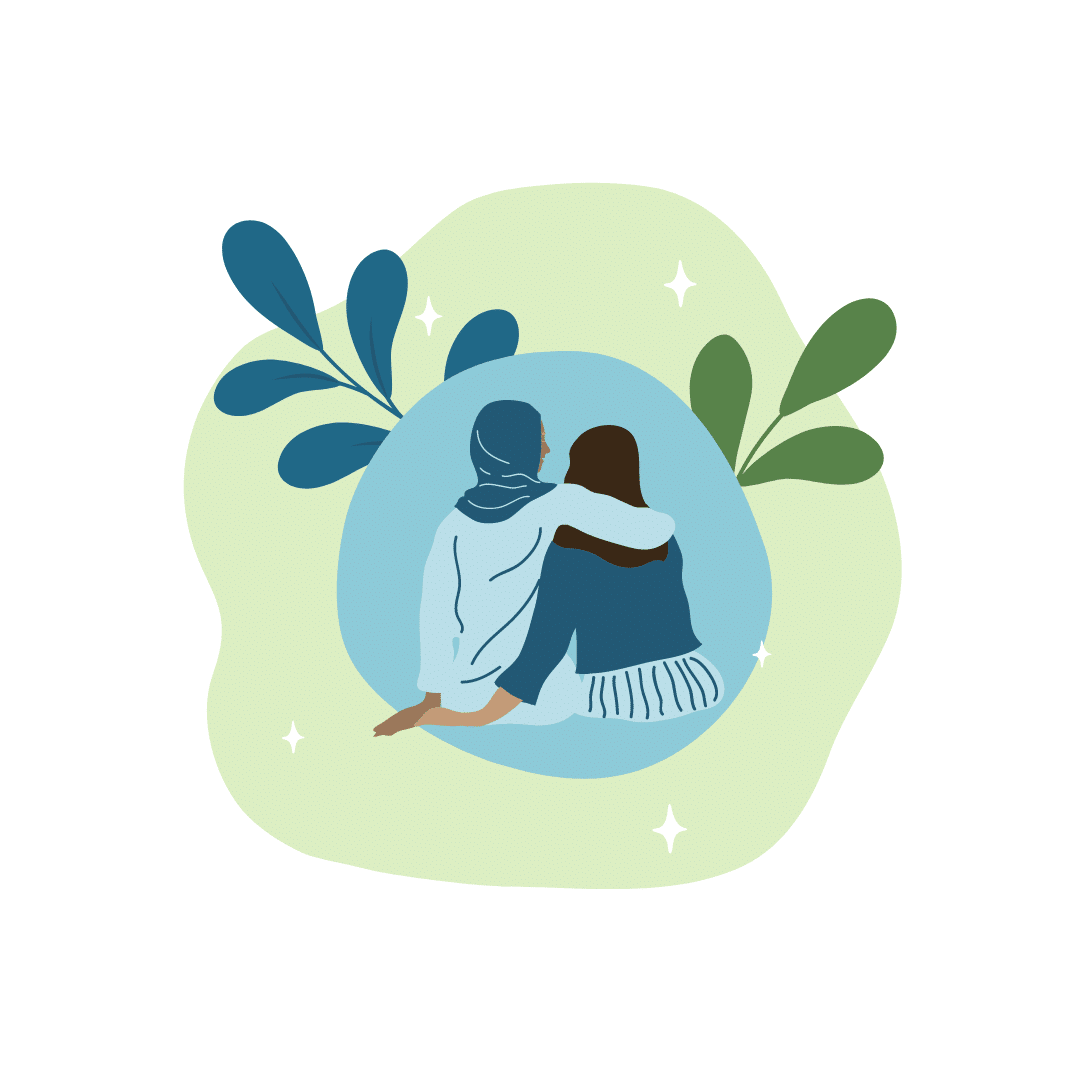
November 25th marks the beginning of the 16 Days of Activism Against Gender-Based Violence (GBV), a global campaign that brings together individuals, organisations, and governments to demand an end to violence against women and girls. At Freeva, we are proud to be part of this crucial movement, amplifying calls for change, raising awareness, and advocating for systemic action to combat gender-based violence.
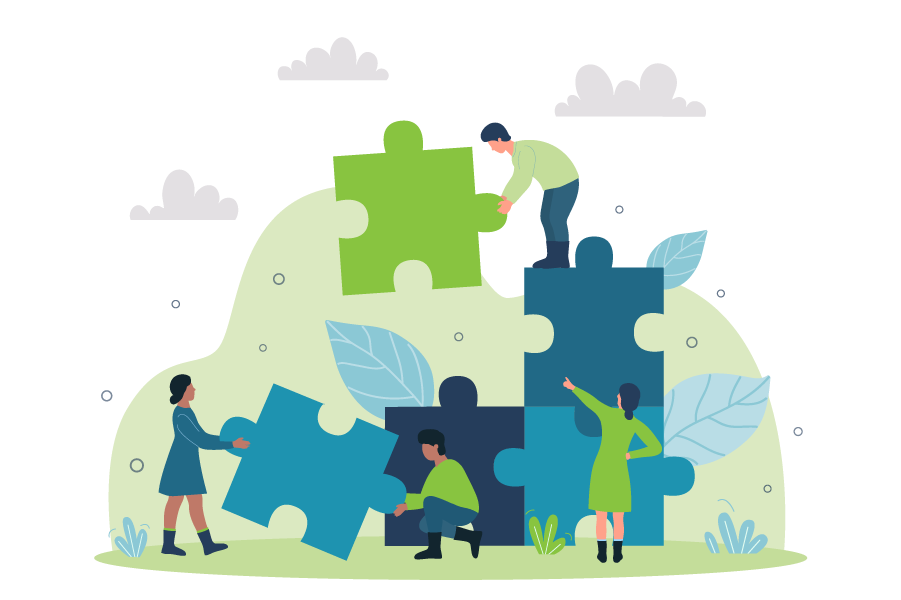
As we mark Trustee Week, we are taking a moment to recognise their insight, commitment and heart. Trustees often work quietly in the background, yet their decisions shape the services, culture and direction of Freeva. They offer guidance, expertise and care in ensuring that anyone affected by domestic or sexual abuse receives safe, compassionate and skilled support.

October marks Domestic Abuse Awareness Month, a time to raise our voices, share knowledge, and remind every survivor that they are not alone. This year, at Freeva, we are focusing on the theme From Surviving to Thriving.